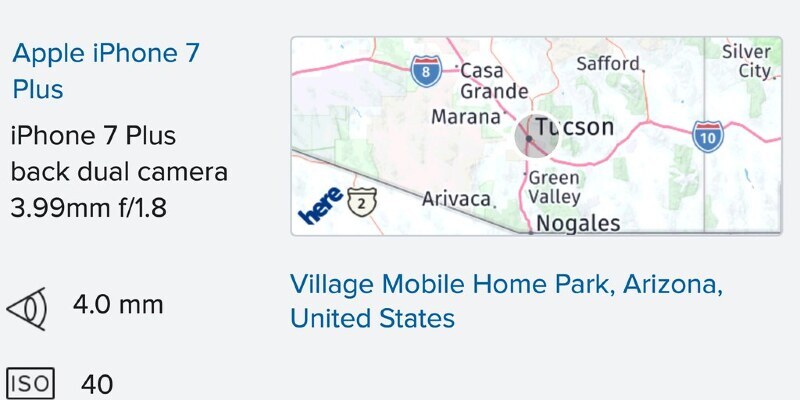Chapter 13 is consumer bankruptcy for those who have sufficient money to repay at least part of their debts. In Chapter 13, even in case you’ve got a house, you’re likely to have the ability to maintain it, since your bankruptcy statute will establish a repayment plan to your creditors, such as your mortgage holder. If you decide to market your house while in Chapter 13, you need to inform your lawyer early in the process and prepare for a lot of paperwork.
Inform Everyone Involved
Whether you are in the middle of your Chapter 13 case or to your repayment program, notify your lawyer as soon as you are aware that you intend to sell your property. There is a good deal of paperwork involved in selling a house while you are in Chapter 13, along with your lawyer needs time to inform your bankruptcy statute and put the documentation together. Additionally, you should inform your real estate agent and the potential buyer that you are in Chapter 13. It’s likely your lawyer will craft language in the sale agreement that the sale depends upon the trustee’s acceptance.
Don’t Start Late
Time is of the essence if you are in the middle of your bankruptcy case, or when the trustee hasn’t approved your plan. Jonathan Ginsburg, an Atlanta bankruptcy lawyer, says you ought to offer your lawyer anywhere from 30 to 45 days to negotiate the deal with your trustee. Your lawyer will need time to put the paperwork in movement. Additionally, your creditors have the right to object to the sale, as they’ve the right to object to a repayment program.
Motion to Boost
The move to sell is the significant piece of paperwork that you need if you are trying to sell your house while in Chapter 13. Peter Orville, a New York state-based lawyer, says that the movement to market documentation should include the selling price of the house, the property’s worth, the house examination or other documentation to validate the house’s worth and a proposal for dispersing what you get from the sale. Generally, the proceeds have been applied to paying off the mortgage and closing prices. Here is the record that your trustee bases approval upon. If the trustee approves, the sale can proceed.
Record of Sale
Once you’ve closed on the house, you’ll need to provide your lawyer with a copy of what is known as the statement of sale. This record, like the movement to market, is important to get to your trustee as soon as possible. The statement provides the house’s final sale price, any closing-related deductions and how much is left over from the sale. Also at this time you are needed to make any payments the trustee ordered during the movement to sell phase.
Discharge
If the house’s sale can repay your repayment program, then it is possible to anticipate a release of your Chapter 13 soon after the sale. The trustee will order the release, which will be signed by a bankruptcy judge and then delivered to you in the form of a final decree. This record is crucial to maintain, as it proves you are outside of bankruptcy. If your payment plan called that you make automatic payments into the trustee, these payments will be deducted before the trustee can cancel the electronic transfer. Any money paid to the trustee after the discharge will be repaid to you.
See related





